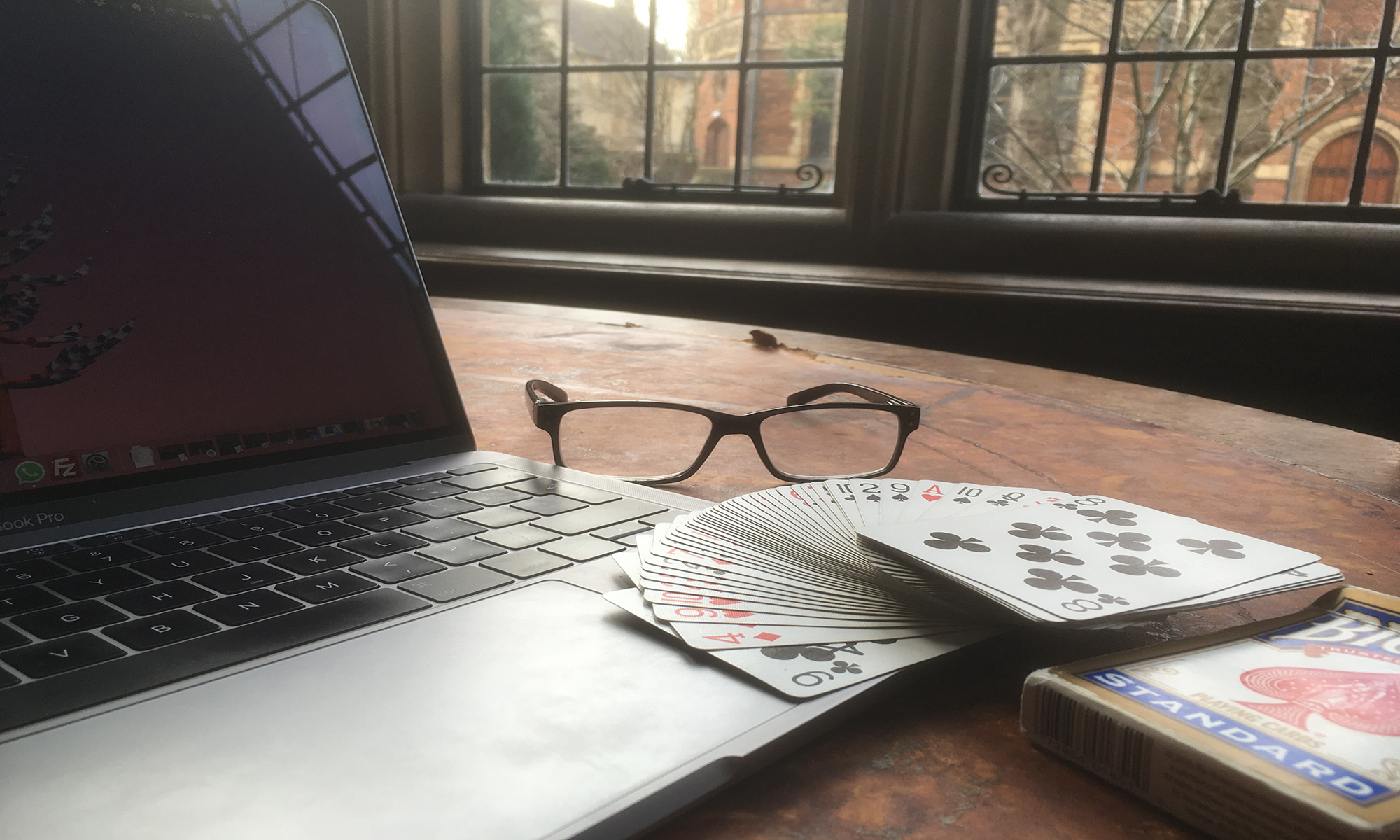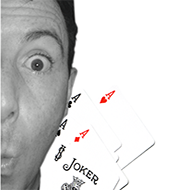
Improving the Odds
If you shuffle a pack of cards and then cut to a card without showing me I have only a 1 in 52 chance of guessing the card.
However, I can improve my odds.
If I ask you a series of questions – and you answer truthfully – I can narrow down my options:
Red or black? Narrows it down to 26 cards.
Hearts or diamonds? Down to 13.
Picture or number? Either 3 or 11 cards.
If I found it was a picture card then I could just ask up to two more questions (Jack? Queen?) and I would have my answer.
Obviously, if I added a bit of magician’s skullduggery I could get the answer without asking any questions at all!
Does This Work?
Asking a question, learning from it and then asking a follow up question informed by the answer increases our focus and chance of future success. If you throw in a bit of skill and experience as well then you can get there even more quickly.
Every time you try something in your life or work you are effectively asking the question: “Does this work?”
The secret to growing and developing is to listen carefully to the answer, learn from it and then modify your actions accordingly the next time you try.
Steering Wheels
Obviously we are unlikely to get it right first time. But we are also unlikely to make mistakes without learning. In fact, making mistakes is an essential part of learning.
If we are so afraid or failing that we never try, we will never learn and we will never grow.
As has been said many times before, it is easier to turn the wheel on a moving car.
Potters’ Wheels
I read a great story in Black Box Thinking by Matthew Syed (#ad) :
Two groups of students were asked to make pots. They had never made pots before. One group was told that they would receive credit for the sheer number of pots produced. The other group was told that they would receive credit for the quality of the pot, even if they only produced one.
The results were fascinating and informative. The “numbers” group produced an incredible amount of pots. In addition, the last pots they produced were of incredible quality because they had learned how to do it through making mistakes.
By contrast, the “quality” group failed to produce a single pot in the given time because they were so afraid of producing something sub-standard.
Done is better than perfect, but aim to do it better each time.
Oopses and What-ifs
I saw a great quote from Beau Taplin the other day contrasting mistakes and regrets: ”Better an oops than a what if.”
A regret is something you did that you don’t want to remember, or something that could have done but didn’t. A mistake is something that you remember, learn from and therefore value.
Our digital world is perfect for trying stuff, failing quickly and trying the next iteration. Short attention spans, mass distribution and rapid communication are actually an advantage when it comes to trying stuff out.
Don’t be afraid of making mistakes; expect to make them, and value them.
Fail, learn, modify, repeat… and grow.

